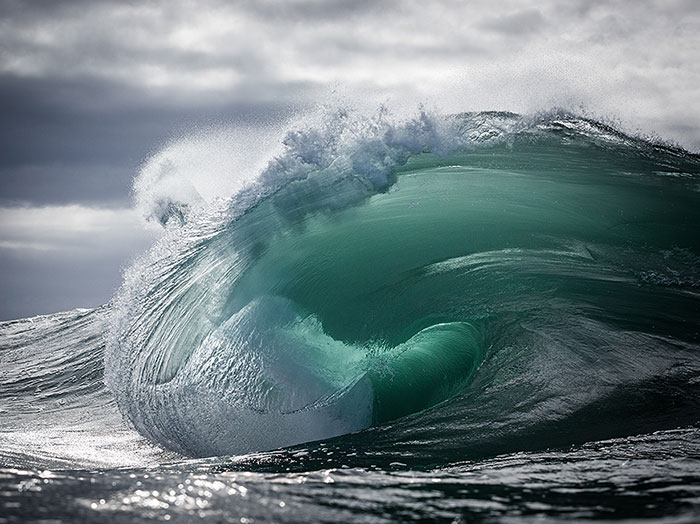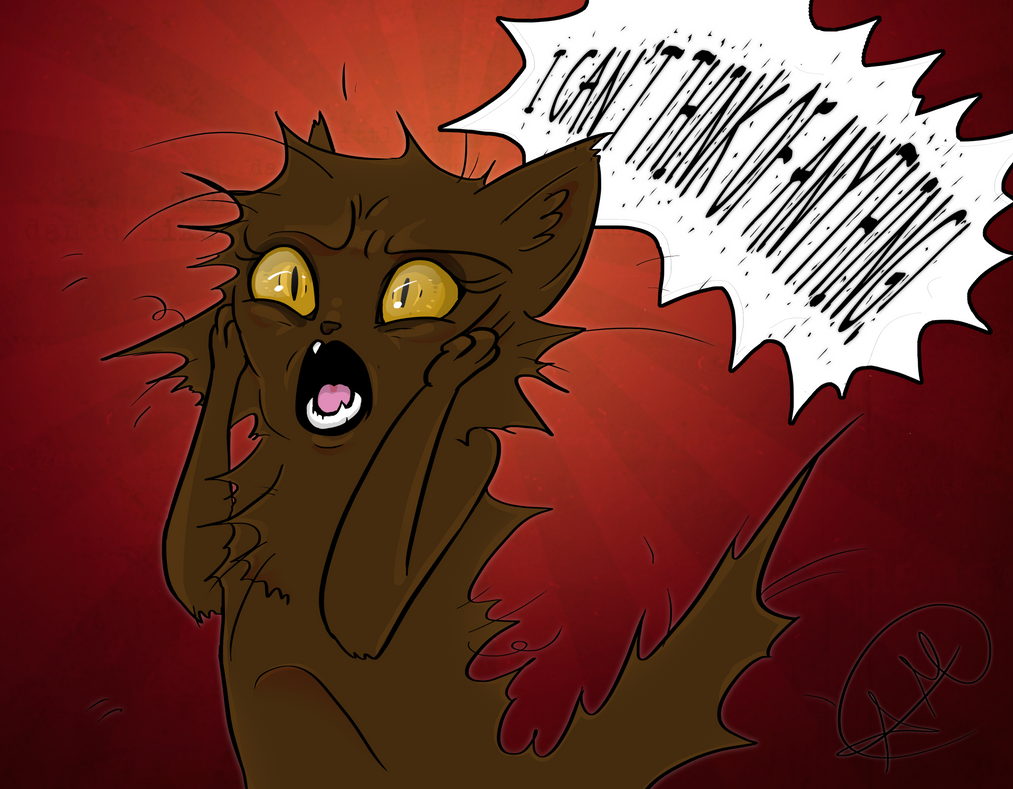Recently, I did a report on Sylvia Plath for an English assignment. I didn’t have time at the end of last term to do a blog post since I had to go to Perth for some tests, and also had Zest Fest and Country Week coming up.
I meant to post this last term but didn’t get around to formatting it, so here it is!
Warning: it’s long
Sylvia Plath

SYLVIA PLATH
12/9/2016 By Grace Crogan
Introduction
Sylvia Plath was one of the most admired and debated upon poets of the 20th century. During her time, she was often harshly criticised, with her reputation not taking off until after her death. Though a troubled poet, she has become one that many modern writers admire. Sylvia’s poems strongly reflect her upbringing and visions she had of herself, as well as the many conflicts she faced throughout her life. Her pieces capture blunt, intense emotions, as she often drew heavily on her journals and past experiences for inspiration. Though she has passed, she remains an inspiration to many.
Biography
Sylvia Plath was born on October 27th, 1932, in Boston, Massachusetts, U.S. Her mother, Aurelia Schober, later gave birth to her brother, Warren, in April 2 years later.
Aurelia Schober (1906 – 1994) was at Boston University studying a master’s degree when she met Otto Plath (1885 – 1940). Otto was one of Aurelia’s professors during her time at the university, he taught German, Biology, and had a focus in apiology (the study of bees). Otto and Aurelia were married in January 1932.
Otto had been a very strict father; his attitude and controlling nature lead to define the rest of Sylvia’s life, including her relationships and attitude. Unfortunately, Sylvia’s time with her father was only short. Otto died on the 5th of November, 1940, due to complications with diabetes, only a few days after Sylvia turned 8. The effects of Otto’s death are often captured throughout Sylvia’s poems, especially in her poem Daddy.
In 1942, Sylvia moved to Wellesley with the rest of her family. Wellesley remained her home until she started college 8 years later. At school, Sylvia decided to repeat grade 5, so that she could be in a class with children the same age as she was. From a very young age, Sylvia had been very ambitious and had the drive to succeed perfection. Sylvia went on to get top marks in all her courses, becoming the star student throughout her years. Throughout high school, Sylvia continued to receive straight A’s and excelled at many of her subjects, particularly English.
From a very young age, around 9, Sylvia started keeping journals. She had a sharp eye, and her journals often documented things that many other people would miss. Sylvia’s journals soon became her most confidential and trusted ‘friend’, especially in her years at college and throughout her depression. Sylvia later relied heavily on her journals and past experiences for inspiration throughout her writing.
Sylvia’s first poem was featured in the Boston Herald, a daily newspaper, when she was only eight years of age. She made a few small publications in local and regional newspapers and magazines throughout her youth, though made no major publications until much later. Her first national publication was in the Christian Science Monitor in 1950, just after graduating high school.
In in the same year, Sylvia won a scholarship to attend Smith College; an all-girls school located in Northampton, Massachusetts. During her first few years attending Smith College, Sylvia wrote over 400 poems. Her pieces at the time were supposedly ‘pretty’ and rather structured, lacking originality and emotion. Sylvia used a thesaurus to try and enhance her poems and paid very close attention to the structural layout of her pieces. Over the next few years, Sylvia entered multiple poems into competitions and publication agencies, though her works were constantly rejected. Sylvia did end up publishing quite a few pieces throughout that time, but her success was nothing compared to the pile of rejection slips she was receiving.
Throughout 1953, Sylvia wrote articles and short pieces for a small collection of local newspapers, including the Springfield Union and Daily Hampshire Gazette. During this time, Sylvia also won first prize in the Mademoiselle contest with her short story ‘Sunday at the Minton’s’. In June that same year, she also won a Mademoiselle Guest Editorship in New York City with the same story.
The month Sylvia spent away in New York was very important to her, and she became very busy. When she returned to the U.S. Sylvia was mentally, emotionally and physically exhausted. Her journal entries at the time were very vague and didn’t capture much of the events to follow. Sylvia suffered a breakdown around the time of her return. Upon receiving information that she had not been accepted into Harvard for summer writing classes, she felt that her fate had also been decided.
Sylvia soon fell into a state of depression; her journals ended abruptly and she failed to publish many pieces. During this time, she supposedly struggled to even eat, drink, and sleep. On the 24th of August, 1953, Sylvia performed her first suicide attempt. On that evening, she left a note stating that she had gone for a walk and would be returning the next day. She then broke into her mother’s cabinet, stealing her sleeping pills, and crawled into the cellar. Sylvia was found three days later, unconscious and barely breathing, with only eight sleeping pills left in the bottle.
Sylvia was rushed to McLean’s Hospital in Belmont, where she received extensive treatment for her suicide attempt, as well as her depression. Sylvia’s recovery was slow, though she was re-emitted into Smith College in the spring of 1954. Over the next few years, Sylvia picked up where she left off, and then continued in her excellence. She graduated Smith College in 1955 with the highest distinction, and also received a Fulbright scholarship to Newman college, Cambridge University, in England.
During her time, Sylvia had many lovers. Whilst studying at Newman College, Sylvia managed to maintain a relationship with Richard Sassoon, who was in Paris at the time, before he sent her a letter asking for a ‘break’. Meanwhile, during the harsh English winter, Sylvia had begun falling ill, and again slowly developing a depression. In late February 1956, Sylvia met with a psychiatrist to help with her emotional state.
On the same afternoon, Sylvia came across pieces written by Ted (Edward) Hughes, and was instantly intrigued. Sylvia was told of a party being held that evening in celebration of his successful publications being held nearby. After meeting, Ted and Sylvia developed a complicated yet outstanding romance and were soon married on June 16th, 1956.
In 1957, the couple returned to the U.S. Over the next couple of years, Ted and Sylvia continued to develop their relationship. Ted became rather popular amongst publishers and was offered multiple teaching jobs, whilst Sylvia finished her schooling. Sylvia picked up a teaching job after graduating, though struggled to balance herself. Her depression continued to slowly creep up on her as time passed. Soon enough, both Sylvia and Ted decided to turn their careers towards writing, leaving teaching behind.
1957 had been a supposedly stressful year for Ted and Sylvia, as proved 1958. Sylvia and Ted’s relationship had started becoming strained due to their lifestyles. On the last day of school (American systems, whilst Sylvia was still teaching), Ted was supposed to meet with Sylvia at the end of the day. Ted was nowhere to be found for hours until Sylvia finally returned to the school to continue her search. There, she found Ted walking through a breezeway with a student, who ran when she spotted Sylvia approaching.
Sylvia had previously developed suspicions of Ted’s affair, and this encounter proved to cause her to become more certain. This is said to have led to heated arguments between Plath and Hughes, as well as some possible violence.
In 1960, Ted and Sylvia moved back to England after Sylvia fell pregnant. On April 1st, Sylvia had her first child, Frieda. In the same year, Sylvia’s first poem collection, The Colossus, was published in England, and then in the U.S. 2 years later.
Later in 1960, Sylvia fell pregnant again, though suffered a miscarriage early the next year. Again she fell pregnant in 1961, and gave birth to her second child, Nicholas, on January 17th, 1962. Even so, Sylvia and Ted were feeling a lot of strain on their relationship; Sylvia had suspicions that Ted was having another affair. When on their holiday in Ireland, in September, Ted left unexpectedly. Sylvia returned home with her children not much later, after her suspicions of Ted’s affair had been confirmed. After his two previous affairs, Ted had finally left Sylvia for Assia Gutmann Wevill.
After Ted left, Sylvia’s creeping depression overcame her. During the following winter, Sylvia wrote most of the poems that are included in her last poem collection, Ariel. In the years of 1961 and 1962, Sylvia had written over 50 poems. Whilst struggling with her depression, Sylvia wrote her semi-autobiographical novel. It was then published in 1963.
The winter of 1962/63 was supposedly the worst English winter on record, causing many people to fall ill. Alongside illnesses, Sylvia’s depression finally took over. On February 11, 1963, Sylvia wrote a note to her downstairs neighbour, asking him to call a doctor when he received it. Sylvia then successfully committed suicide by inhaling gas from her stove oven. *
Sylvia Plath was buried less than a week after her death. Her poem collection, Ariel, was published in 1965. Sylvia and her poetry pieces have impacted and inspired the lives of many aspiring poets. To this day, many people still visit her grave site in Yorkshire, and adore her dramatic poems.
*this could have either been Sylvia’s second or third suicide attempt, though there is not any hard evidence of Sylvia’s supposed attempt to drown herself
Poetry Analysis
The poem I have chosen to analyse is one of Sylvia’s most famous poems, Lady Lazarus.
LADY LAZARUS
Sylvia Plath (23-29th Oct, 1962)
I have done it again.
One year in every ten
I manage it–
A sort of walking miracle, my skin
Bright as a Nazi lampshade,
My right foot
A paperweight,
My face a featureless, fine
Jew linen.
Peel off the napkin
O my enemy.
Do I terrify?–
The nose, the eye pits, the full set of teeth?
The sour breath
Will vanish in a day.
Soon, soon the flesh
The grave cave ate will be
At home on me
And I a smiling woman.
I am only thirty.
And like the cat I have nine times to die.
This is Number Three.
What a trash
To annihilate each decade.
What a million filaments.
The peanut-crunching crowd
Shoves in to see
Then unwrap me hand and foot–
The big strip tease.
Gentlemen, ladies
These are my hands
My knees.
I may be skin and bone,
Nevertheless, I am the same, identical woman.
The first time it happened I was ten.
It was an accident.
The second time I meant
To last it out and not come back at all.
I rocked shut
As a seashell.
They had to call and call
And pick the worms off me like sticky pearls.
Dying
Is an art, like everything else.
I do it exceptionally well.
I do it so it feels like hell.
I do it so it feels real.
I guess you could say I’ve a call.
It’s easy enough to do it in a cell.
It’s easy enough to do it and stay put.
It’s the theatrical
Comeback in broad day
To the same place, the same face, the same brute
Amused shout:
‘A miracle!’
That knocks me out.
There is a charge
For the eyeing of my scars, there is a charge
For the hearing of my heart–
It really goes.
And there is a charge, a very large charge
For a word or a touch
Or a bit of blood
Or a piece of my hair or my clothes.
So, so, Herr Doktor.
So, Herr Enemy.
I am your opus,
I am your valuable,
The pure gold baby
That melts to a shriek.
I turn and burn.
Do not think I underestimate your great concern.
Ash, ash–
You poke and stir.
Flesh, bone, there is nothing there–
A cake of soap,
A wedding ring,
A gold filling.
Herr God, Herr Lucifer
Beware
Beware.
Out of the ash
I rise with my red hair
And I eat men like air.
Analysis
The title, Lady Lazarus, is an illusion to the subject matter of the poem itself. The original definition of the word Lazarus is: a friend of Jesus, and brother of Mary and Martha, who died but was brought back to life again after 4 days (by Jesus). In calling the poem, or herself (if the poem is about her) Lady Lazarus, she is implying that the poem is about a woman who has died and come back to life.
The subject matter of this poem is evidently about a woman’s suicide attempts, her depression and impulses, and possibly her death. Throughout the start of her poem, the poem speaks of a woman being “a sort of walking miracle” with “nine lives to live”. The poem suggests that the woman in discussion has died, or tried to die, once in every decade she has lived.
The poem suggests that the woman has lived for nearly three decades, and that she has attempted suicide twice already. The poem is said to be written around the time of Sylvia’s 30th birthday, which could link the poem to Sylvia’s personal feelings and experiences, alongside with other mentions throughout the poem.
The second mentioned suicide attempt in the poem is quoted:
“The second time I meant
To last it out and not come back at all.
I rocked shut
As a seashell.
They had to call and call
And pick the worms off me like sticky pearls.”
The description here could be linked back to Sylvia’s attempt to commit suicide by overdosing on sleeping pill, whilst she hid in the basement of her home. This leads the reader to make a connection between the poem and Sylvia’s experiences.
As the poem develops, the focus shifts back and forth between suicide and that of “a peanut-crunching crowd”, as well as the mention of funerals and cremation. There is, of course, no way that we can link this experience to a living person, though the mention of death and a type of funeral is a very prominent subject throughout the poem.
The tone and mood of the poem are, in a sense, complicated, yet strongly related. The tone of the poem Lady Lazarus seems to be dark, lonely, intimidating, and possibly depressed. The poem itself is a very strong, yet sad piece, and makes the reader sympathetic and feel somewhat sad.
There are many poetic techniques used in this poem. The poem itself could be seen as an extended metaphor. There is also the use of strong imagery, personification, and incorporation of real-life scenarios to make the poem seem somewhat believable. The poem doesn’t have a dominant rhythm or rhyming structure, though each stanza has 3 lines.
The theme of Lady Lazarus is definitely something along the lines of depression and suicide. The purpose of this poem could be many things: to express grief, sadness, or depression; to open up about troubles and secrets; or to let out some of the emotions she is harbouring. On the other hand, this poem could have been written purely because of sudden inspiration.
In summary, the poem Lady Lazarus is a poem most likely based on Sylvia Plath’s own experiences with depression and suicide. The poem is provoking to the point that it can possibly make the reader feel sympathetic and upset for the character/narrator/author of the poem. Somewhat freeform, the poem has no definite structure other than the stanza format. The poem does an outstanding job at capturing some of the honesty of depression and displays the purpose extremely well. Altogether, Lady Lazarus is an extremely powerful poem on a very strong, complicated subject. The harshness and emotion of the poem are definitely what captivates people, making it so famous.
BIBLIOGRAPHY
http://www.poemhunter.com/sylvia-plath/biography/
https://www.poets.org/poetsorg/poet/sylvia-plath
http://www.sylviaplath.info/biography.html
http://www.biography.com/people/sylvia-plath-9442550#synopsis
https://www.poetryfoundation.org/poems-and-poets/poets/detail/sylvia-plath
https://en.wikipedia.org/wiki/Sylvia_Plath *background and pictures
http://www.gradesaver.com/sylvia-plath-poems/study-guide/summary-lady-lazarus
http://www.thefamouspeople.com/profiles/sylvia-plath-125.php




